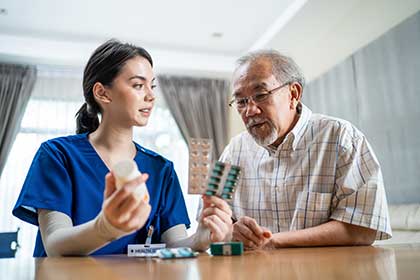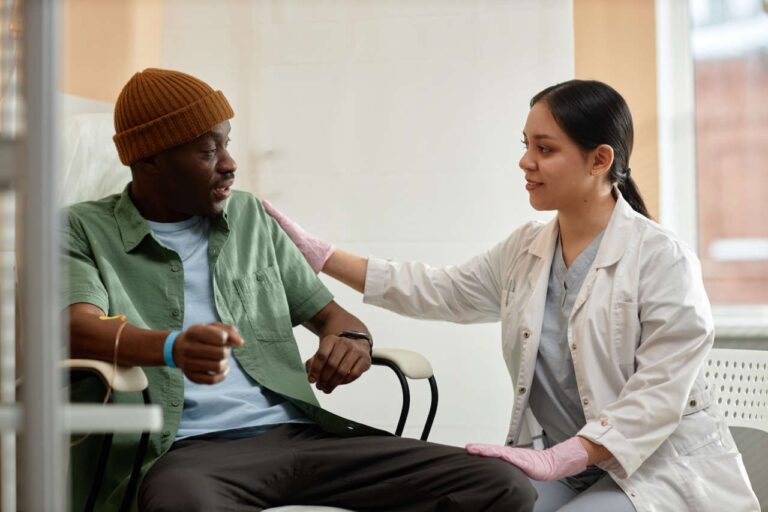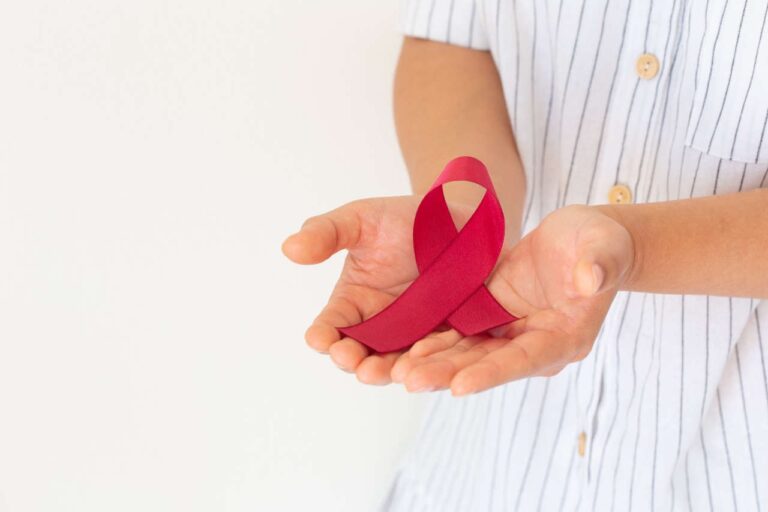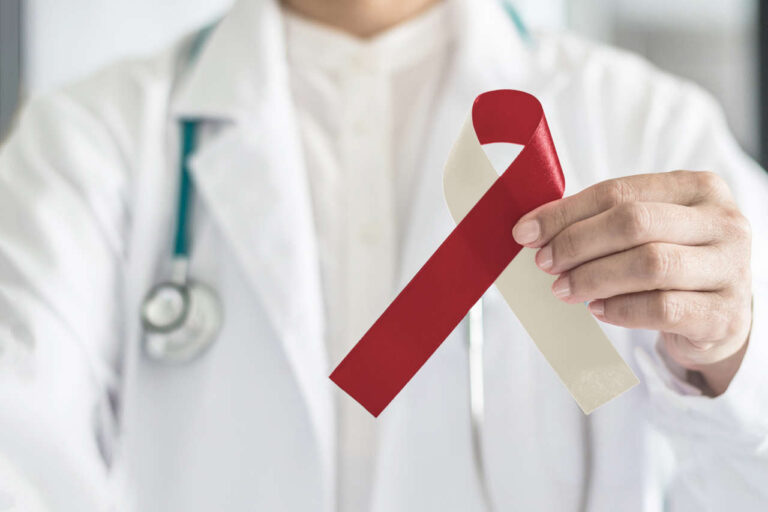
What Is Inqovi?
Inqovi is a medicine used in the treatment of myelodysplastic syndrome (MDS) and chronic myelomonocytic leukemia (CMML). It is made up of two drugs called decitabine (DEC) and cedazuridine (CZU). It can only be obtained by a prescription from a doctor.
How Does It Work?
Decitabine and cedazuridine work together to treat CMML or MDS. DEC changes the genetic material in cells (called DNA) so that a cell can’t grow and make more cells. DEC is able to enter the cells of MDS and CMML more easily than normal blood cells.
CZU makes the DEC last longer in the body so that it kills more leukemia cells. CZU also changes conditions in the gut so that the DEC can be taken up by the gut.
Treatment of MDS and CMML
MDS can present in several different ways, and as a result, a number of different treatments can be used, either alone or in combination. These include:
- Supportive care
- Blood product transfusions
- Antibiotics to treat infections
- Medicines to make blood counts better
- Medicines that specifically treat MDS or CMML, such as Inqovi
- Bone marrow and stem cell transplants
There are other treatments under development that may provide additional benefits for patients with MDS.
Inqovi was tested on many patients over several years before it was approved by the Food And Drug Administration (FDA). Not only was it tested for how well it made MDS and CMML better, but it was also tested for the best dose and the side effects caused.
Uses of Inqovi
Inqovi was approved by the FDA for the treatment of MDS and CMML. No other uses are currently approved by the FDA, although it is possible that other uses of Inqovi will be found in the future.
Side Effects

Some patients will have side effects after taking Inqovi. Here is a list of the more common side effects that the patients enrolled in the clinical trials had:
- Low blood cell counts
- Cough
- Problems breathing
- Problems swallowing
- Headache
- Poor appetite
- Nausea
- Runny nose
- Chills
- Fever
- Upper respiratory tract infection
- Pneumonia
- Bleeding problems
- Pain upon passing urine
- Sneezing
- Red patches on the skin
- Black stools
- Constipation
- Trouble sleeping
- Abnormal liver tests (measured on blood tests)
Let your doctor know if you have any of these problems after taking Inqovi.
Precautions When Taking Inqovi
- Allergic reactions: A few patients who take Inqovi will have an allergy to it. This most often presents as a skin rash or wheezing. If you have an allergic reaction, you should not take further Inqovi until you have discussed this with your doctor.
- Decreased blood counts: Most patients will notice a drop in their blood counts after taking Inqovi. This usually happens 7-10 days after starting treatment. Your doctor should monitor your blood counts after you start Inqovi.
- Nausea: Some patients will have nausea after taking Inqovi. Your doctor can give you some medicines to take before taking Inqovi, which will prevent nausea.
- Breastfeeding: Inqovi can be found in the breast milk of women who are breastfeeding. Therefore, women who breastfeed should not take Inqovi.
- Pregnancy: Women who are pregnant should not take Inqovi as Inqovi can cause birth defects.
- Patients who are able to conceive offspring: Women who can possibly become pregnant should use adequate birth control or abstain from sexual intercourse. Men who take Inqovi should use birth control methods or abstain from sex for at least 3 months, while their female partners should use these measures for at least 6 months.
- Children under the age of 16: Inqovi has not yet been tested in people under the age of 16 and should not be taken by patients in this age group.
- Drugs that interfere with Inqovi: A number of drugs can interfere with the breakdown of Inqovi, or the breakdown of these drugs can be changed by Inqovi. You should be sure your doctor is aware of all medicines you are taking.
Dosage
The dose of Inqovi is one tablet by mouth each day for five days. Courses may be repeated as often as every four weeks. Changes in the dose may be needed if your kidney or liver function is abnormal. A complete treatment is considered to be four courses.
You should not eat for two hours before or two hours after taking Inqovi. You should not chew or crush Inqovi tablets. Inqovi should be taken at about the same time each day. Should a dose be missed, an extra dose of Inqovi should not be taken, and an IV dose of DEC should not be given.
Cost and Copay Assistance
The cost of a five-day course of Inqovi (5 pills) is $8,059.58. If you need financial assistance with copay, contact AmeriPharma® Specialty Care. Using advanced software, AmeriPharma® will review all available funding sources and match you with a program that fits your needs. A copay specialist will help you with the application process.












